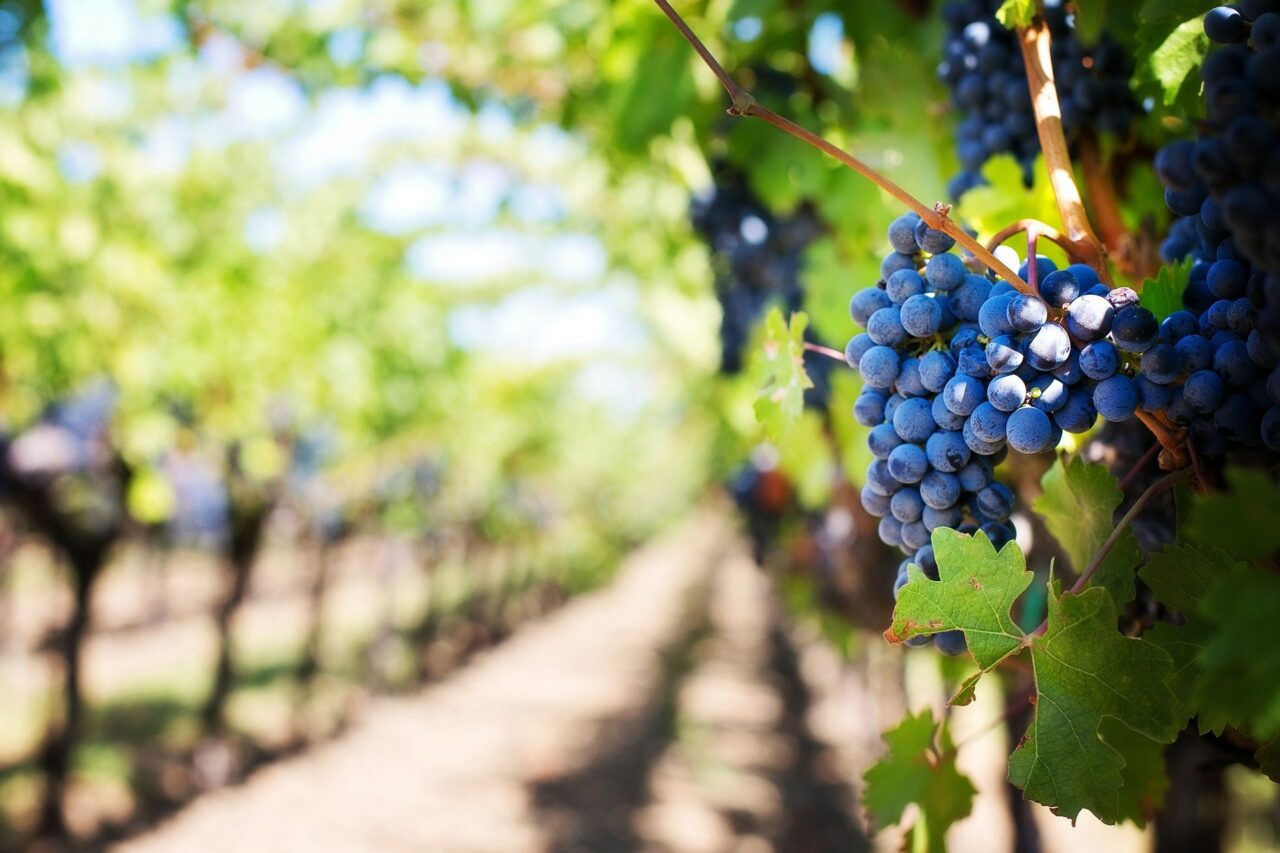“And when they had sung an hymn, they went out into the mount of Olives…Then cometh Jesus with them unto a place called Gethsemane, and saith unto the disciples, Sit ye here while I go and pray yonder.” (Matt. 26:30,36)
Just hours before his crucifixion for the salvation of God’s people, Jesus went into the garden of Gethsemane to pray unto the Father. Just like so many of the places and events surrounding the death of Jesus Christ, Gethsemane carries profound significance as well. Gethsemane means “oil press”, referring to the olive press that produced olive oil for the Jews, and this garden was located on the mount of Olives. Jesus was pressed and crushed under the weight of our sin to produce the “pure olive oil” that is signifying of our anointed and cleansed standing before God based on Christ’s work. Gethsemane once again points us to the work of Christ in the redemption of his people.
It’s very likely that this garden of Gethsemane (we know it was garden from John 18:1) was literally a small olive vineyard on the side of the mount of Olives, which that particular mount in Jerusalem was obviously known for its production of olives. Olive oil was very significant for the Jews during the Old Testament period, leading up to Jesus’ day. “Pure olive oil” was commanded to be made for burning in the lampstand, in the golden candlestick of the tabernacle (Exod. 27:20, Lev. 24:1-4). Olive oil was also mixed with many other spices and used for the ceremonial anointing oil by the priests and others (Exod. 30:22-33). Oil was a very important ingredient in the making of food, and it was the cruse of oil that sustained the life of Elijah and the widow’s family during the three-year drought in Israel (1 Kg. 17:12-16, Lev. 7:10-12, Ezek. 16:13). Oil was particularly crucial in the making unleavened bread (Exod. 29:2, Lev. 2:1-10). The land of Canaan was characterized by being a land abundant in olive oil (Deut. 6:11, 8:8). Honorable children are described as “olive plants round about thy table” (Ps. 128:3), and David spoke of himself, “But I am like a green olive tree in the house of God” (Ps. 52:8). The use of olive oil was obviously crucial in the Jewish culture, and thus Jesus entering the “oil press” in prayer the night of his death is notable.
Olive trees often grew wild in the Judean area, and the trees usually took up to seven years to produce any fruit. However, after reaching full maturity after around fourteen years, they are fruitful for many years to come. Olives are harvested by the husbandmen by beating the trees with sticks in order to knock off the fruit. This was done by the Israelites as well, “When thou beatest thine olive tree, thou shalt not go over the boughs again: it shall be for the stranger, or the fatherless, and for the widow.” (Deut. 24:20) Remember that Christ was beaten by men as “our olive tree” to take the penalty that we should have borne. “I gave my back to the smiters, and my cheeks to them that plucked off the hair: I hid not my face from shame and spitting” (Isaiah 50:6). “And they spit on him, took the staff, and smote him on the head” (Matt. 27:30).
The olives that were harvested were then put into an oil press to convert the fruit into the olive oil. This “oil press” was composed of a large upright stone with a hole in the center. A beam was inserted into this hole, and the beam pressed the olives at the bottom of the press, extracting the oil that would flow into a container by the press. Also, sometimes instead of using the oil press, the olives would be pressed under the feet of men (similar to a winepress) to extract the appropriate olive oil (Micah 6:15). Christ was put into the oil press, crushed and pressed to produce that pure olive oil that was necessary for the lampstand. Remember that the golden candlestick was supposed to burn, perpetually fueled by the pure olive oil to sustain the flame. Jesus produced that pure olive oil that is the substance of the flame of eternal life that will burn perpetually forever.
Gethsemane once again reminds us of the work that Jesus did on our behalf. He fully knew the pressure that would be exerted upon him in the hours to come, and that’s why Jesus prayed three times, “O my Father, if it be possible, let this cup pass from me: nevertheless not as I will, but as thou wilt.” (Matt. 26:39-44) Jesus was not trying to duck or avoid the cross, but he was petitioning the Father, that if there is another way to redeem our chosen elect people, then let this cup of the cross pass away from me and I’ll endure that penalty instead. However, the cross was the only way of salvation, the only way for the wrath of God to be satisfied by the work of Christ. Jesus bore the oil press and produced that pure olive oil that will sustain us for ages to come in eternal life with our Lord.
